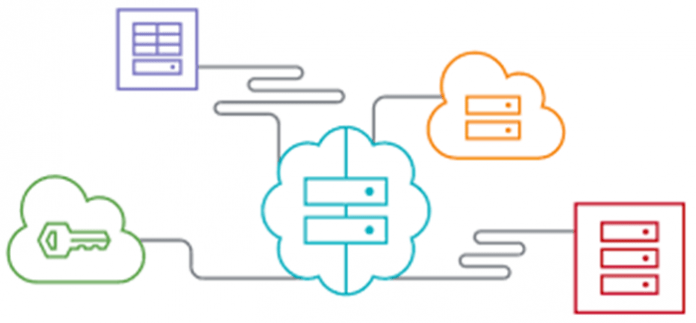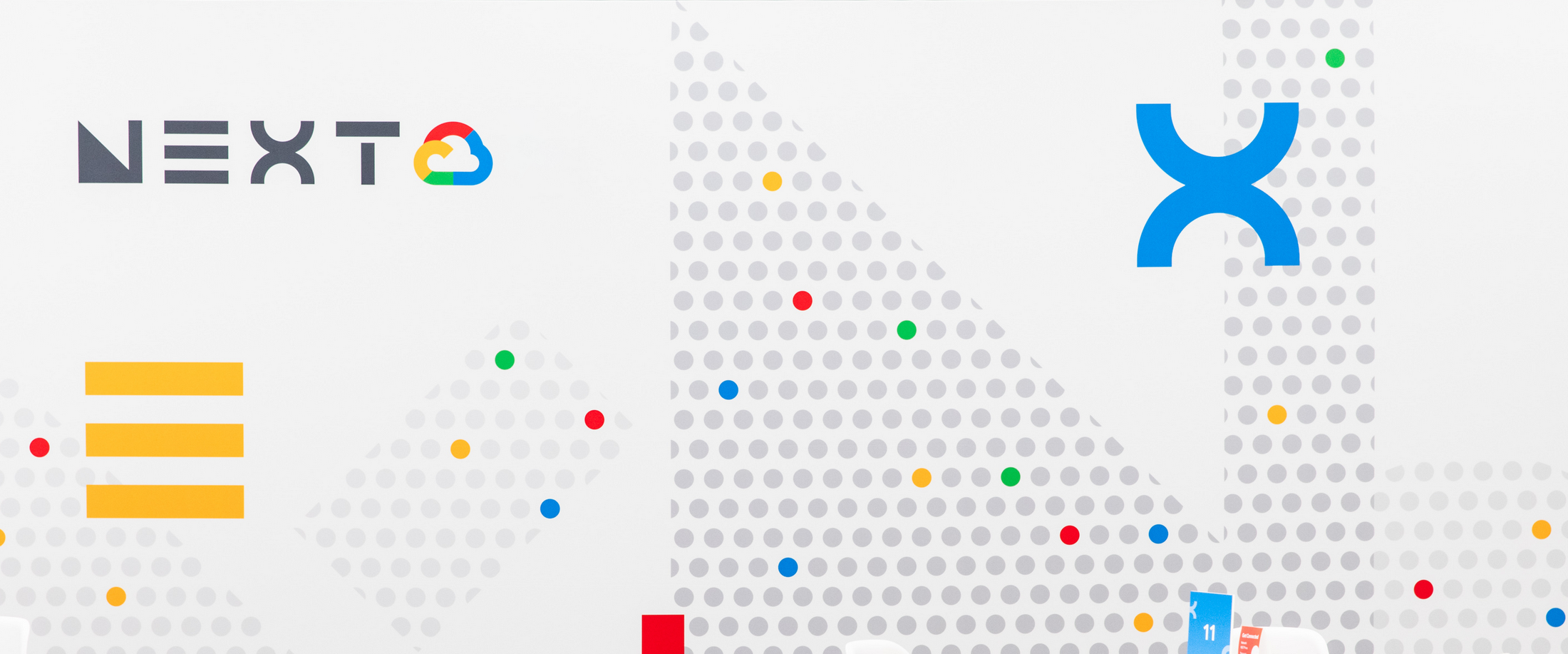When it comes to the IT industry, it seems every new technological innovation doggedly defies definition. At the turn of the millennium, for example, considerable buzz circulated about the future of grid computing, even though countless—and often competing—definitions existed for grid computing.
More than a decade later, there’s still no clear-cut definition of grid computing, but industry experts insist cloud computing shares characteristics with grid computing.
Whatever today’s consensus may be on a formal definition of cloud computing, it’s clear most people have their head in some form of the cloud, whether it’s the armies of smartphone and tablet users or companies utilizing cloud functionality to collaborate and expand IT capabilities without increasing physical IT footprints. As with most widely adopted technological phenomena, security concerns abound. And IT experts are somewhat torn regarding which cloud security issues are the most concerning.
“In general, I view cloud computing existing as a public cloud and a private cloud,” says Shawn Mullen, IBM Power* software security architect. “The public cloud is much more stringent when it comes to security. You could look at survey after survey—either done internally by IBM or all of the available market research—and you’ll find the number one inhibitor to going into the cloud is security, and there are a lot of complicated issues behind this.”
[email-download download_id=”2294″ contact_form_id=”5″]








Comment here